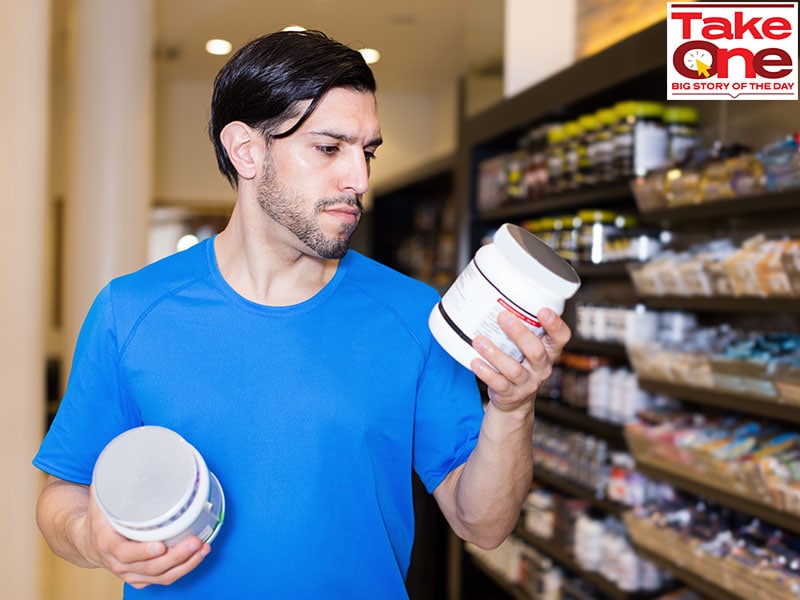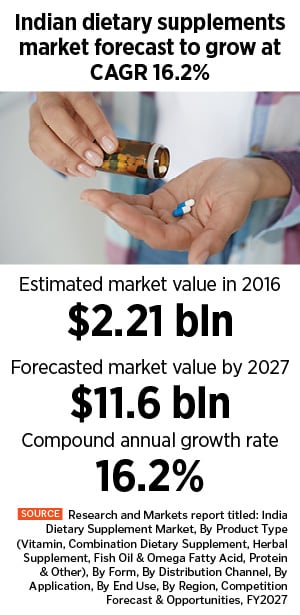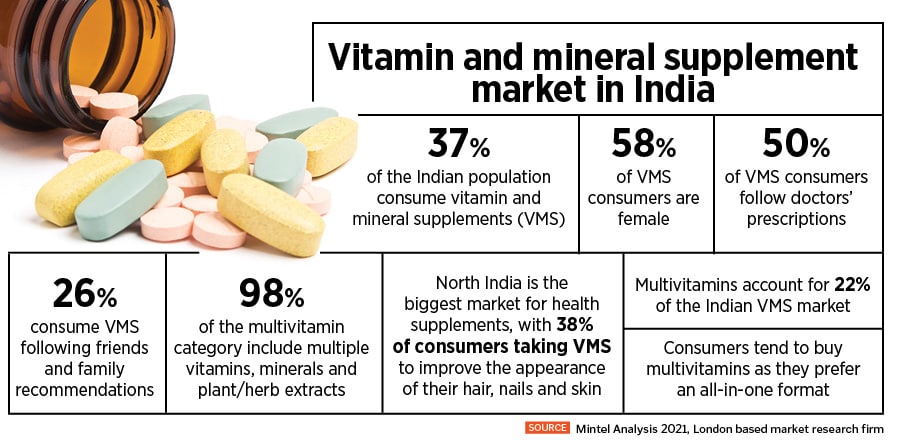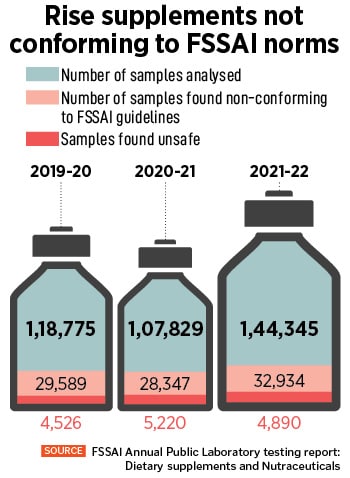
Are dietary supplements as nutritious as they claim?
Despite the rising demand for health supplements, experts raise concerns over the safety, benefits and regulation of these consumables
 The FSSAI, India’s top food regulator, conducted a survey from 2019 to 2022 and found that 4,890 samples of dietary supplements were unsafe, 16,582 were substandard, and 11,482 had labelling defects or misleading information.
Image: Shutterstock
The FSSAI, India’s top food regulator, conducted a survey from 2019 to 2022 and found that 4,890 samples of dietary supplements were unsafe, 16,582 were substandard, and 11,482 had labelling defects or misleading information.
Image: Shutterstock
With the Covid-19 pandemic making more people prioritise their health, there is an ever-increasing focus on health care products by consumers today. This demand has resulted in a surge of brands offering dietary supplements and nutraceuticals to help consumers meet their nutrition requirements in the form of pills, gummies, powders, liquids, and other dosage formats. These products promise to improve overall health and boost immunity. But the question is, are these brands delivering on their promises?
When Karan Sharma, a Mumbai-based, 26-year-old influencer marketing professional first started consuming a protein powder recommended by his gym trainer in 2019, he would feel dizzy, weak and nauseous. “I consumed the powder for a month, and would get sick almost every other day, but didn’t realise it was because of the protein powder. I blamed other aspects like eating junk food or not getting proper sleep, because everyone at the gym was on some protein supplement or the other. But when I ran out of possible reasons for the repeated nausea, I realised it is the powder,” he says.
Sharma went off protein powders for three years, up until a month ago when he started consuming a different one. “I was sceptical, but I need one protein supplement for the gym. So far this one hasn’t shown any side effects,” he says.
Sharma is not alone. With a plethora of supplements available over-the-counter, people buy into their claims. “Since marketing is an important part of selling any product, more often than not advertisements target a specific group of audience and may not completely give a clear picture of the product,” says Dr Rebecca Pinto, a physiotherapist.
Pinto would consume iron supplements, which she saw advertised, to boost her immunity. However, each time she tried a new supplement, she felt nauseous, dizzy, and even fainted at times. It was then that she consulted a gynaecologist and learnt she was anaemic, and that iron supplements weren't the solution. “I’m anaemic and iron levels in my body are already very high. What I needed was Vitamin C for iron absorption in the body. This is a common mistake most of us make. Some people keep taking calcium supplements while being deficient in Vitamin D which is needed for calcium absorption. The excess calcium can make bones brittle if the body is Vitamin D deficient,” she explains. She emphasises the need to consult a health care professional before consuming supplements.
_20220316022208_102x77.jpg)


 Herbal and dietary supplements, and the nutraceutical industry, have been a continuing topic in Philips’s medical research and peer-reviewed publications. “Consumer demand, driven by promotions and advertisements that have no realistic checks in place, has led to the proliferation of the industry. Its demand and easy availability are proof of declining scientific temperament among people,” he says.
Herbal and dietary supplements, and the nutraceutical industry, have been a continuing topic in Philips’s medical research and peer-reviewed publications. “Consumer demand, driven by promotions and advertisements that have no realistic checks in place, has led to the proliferation of the industry. Its demand and easy availability are proof of declining scientific temperament among people,” he says.
 Any new product that promises improved health does well in India because consumers do not put in the effort to understand them, says Khushboo Jain Tibrewala, a nutritionist and diabetes educator. “Today, personal trainers are recommending supplements without having the right knowledge on the subject and people are buying them. Health influencers are promoting brands on social media and people are buying into those too. So the real change has to come from the consumers. They need to educate themselves or find a trustworthy person for these recommendations,” she says.
Any new product that promises improved health does well in India because consumers do not put in the effort to understand them, says Khushboo Jain Tibrewala, a nutritionist and diabetes educator. “Today, personal trainers are recommending supplements without having the right knowledge on the subject and people are buying them. Health influencers are promoting brands on social media and people are buying into those too. So the real change has to come from the consumers. They need to educate themselves or find a trustworthy person for these recommendations,” she says.



